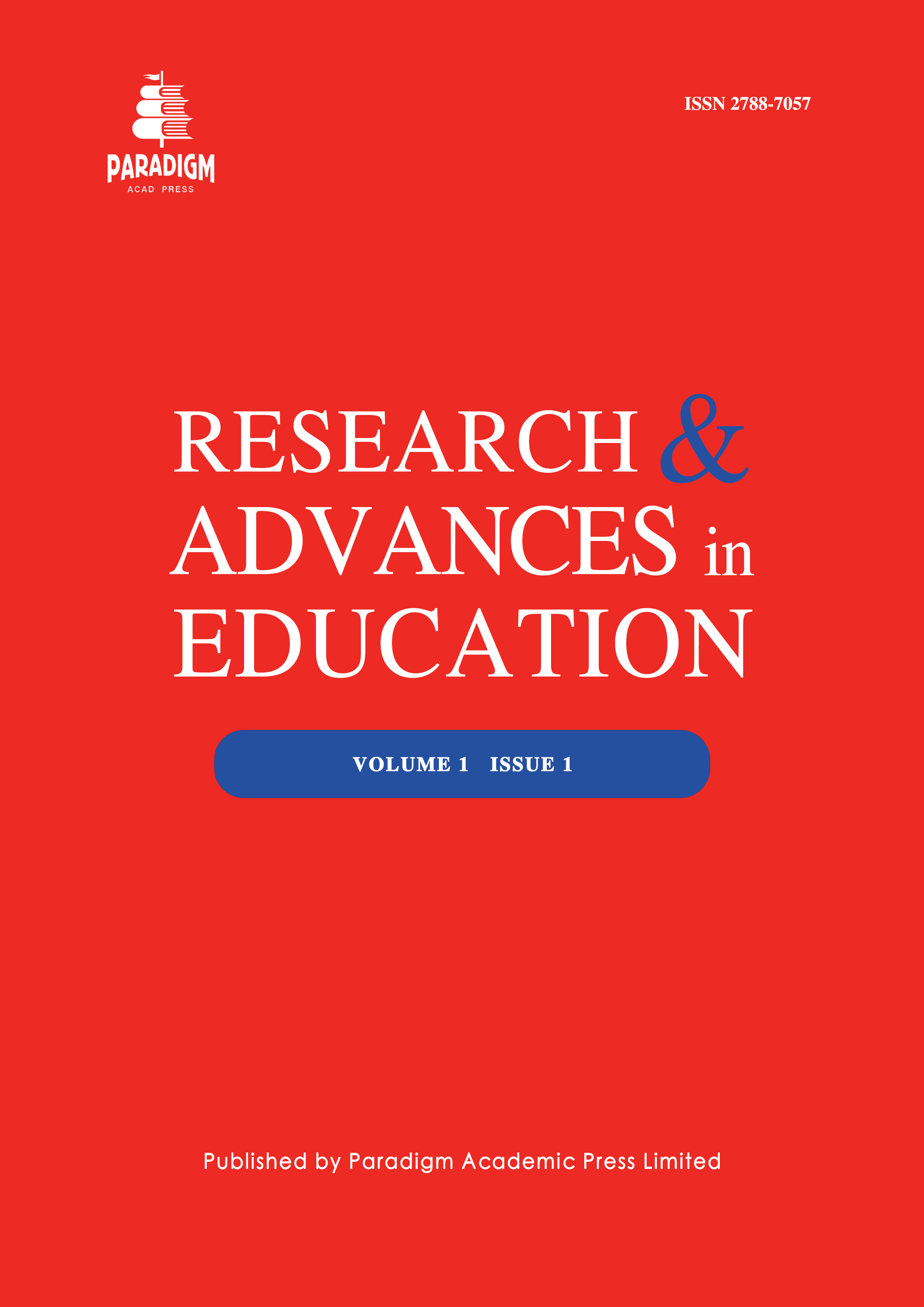Comparative Analysis of European Education Systems: Exploring Differences in Educational Structures, Policies, Practices, and Their Impacts on Student Outcomes
Keywords:
educational policies, student achievement, teaching and learning practices, motivation, engagement, equity, inclusion, technology integration, professional development, curriculum adaptation, collaboration, funding, European education systemsAbstract
This article examines the impacts of educational policies and practices on student outcomes, focusing on the relationship between policies and student achievement, as well as the influence of teaching and learning practices on student motivation and engagement. The analysis highlights the importance of aligning policies with research-based practices, promoting equity and inclusion, integrating technology effectively, and providing ongoing professional development for teachers. Additionally, the article discusses the challenges and opportunities faced by European education systems, including achievement gaps, inclusive education, the digital divide, teacher shortage, and the need for global competence. Implications for policy and practice include prioritizing equity and inclusion, promoting lifelong learning, leveraging technology, adapting curricula, fostering collaboration, and ensuring adequate funding and resources. By addressing these challenges and leveraging the opportunities, European education systems can create inclusive, innovative, and high-quality learning environments that prepare students for the future.


